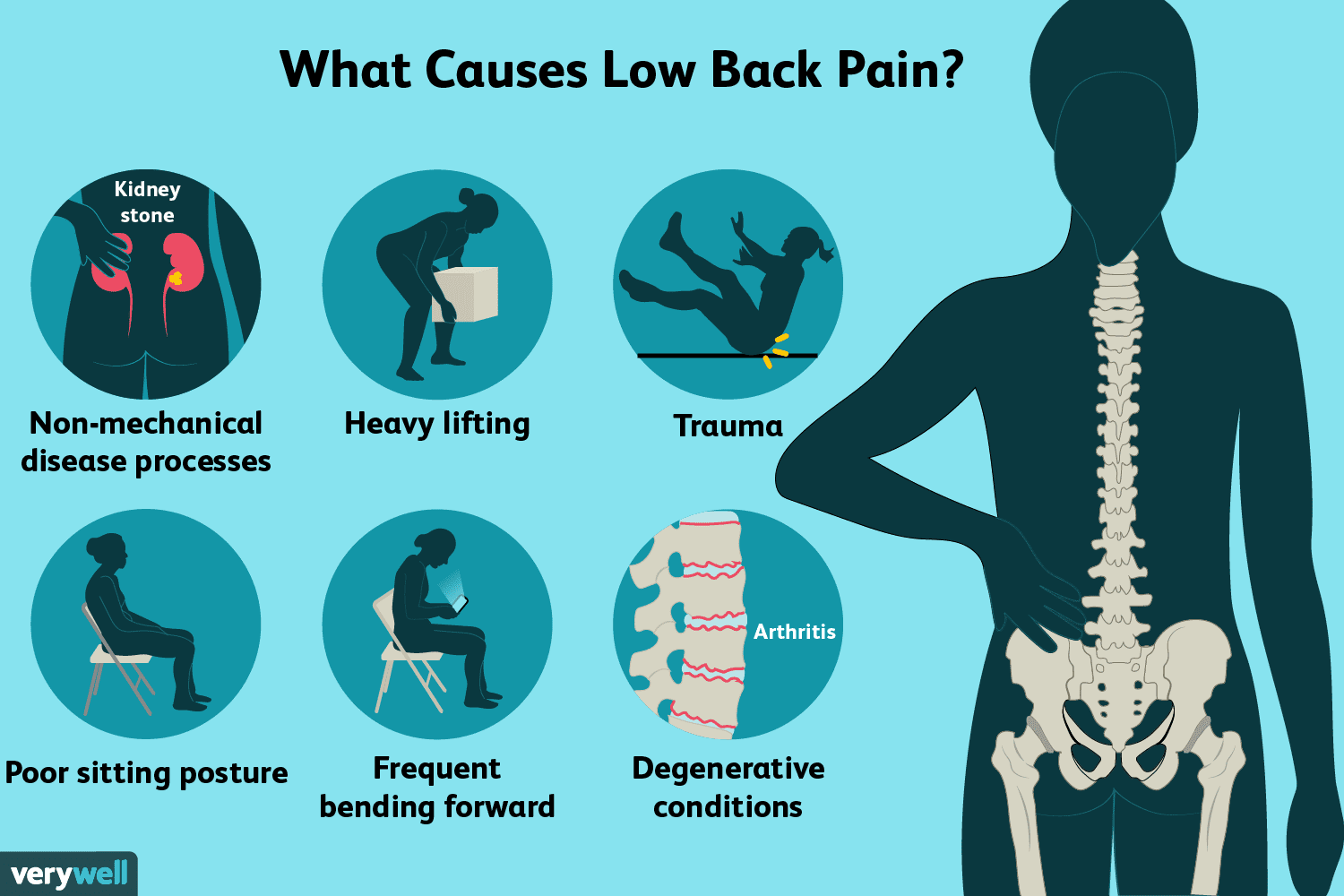How Poor Blood Flow Can Affect Brain Function and Cognitive Health
Proper blood flow is essential for the optimal functioning of all organs in our body, including the brain. The brain requires a constant supply of oxygen and nutrients carried by the blood to perform its complex functions. When blood flow to the brain is compromised, it can have detrimental effects on brain function and cognitive health.
Effects of Poor Blood Flow on Brain Function
1. Reduced Oxygen Supply: The brain relies on a steady supply of oxygen to function properly. When blood flow is restricted, the amount of oxygen reaching the brain decreases. This can lead to cognitive impairment, memory problems, difficulty concentrating, and decreased overall brain function.
2. Decreased Nutrient Delivery: In addition to oxygen, the brain requires various nutrients, such as glucose and amino acids, to support its functions. Poor blood flow can limit the delivery of these essential nutrients to the brain, leading to a decline in cognitive abilities.
3. Increased Risk of Stroke: Poor blood flow can increase the risk of stroke, a condition where blood flow to a part of the brain is blocked or reduced. Strokes can cause severe damage to brain tissue and result in long-term cognitive impairments, such as memory loss, difficulty speaking, and impaired motor skills.
4. Impaired Waste Removal: The brain produces metabolic waste that needs to be removed for optimal functioning. Adequate blood flow is necessary to carry away these waste products. When blood flow is compromised, the clearance of waste from the brain is impaired, leading to the accumulation of toxins that can negatively impact brain function.
Impact on Cognitive Health
Poor blood flow to the brain can have a significant impact on cognitive health. It can contribute to the development and progression of various neurological conditions, including:
1. Dementia: Reduced blood flow to the brain is a common feature in many types of







